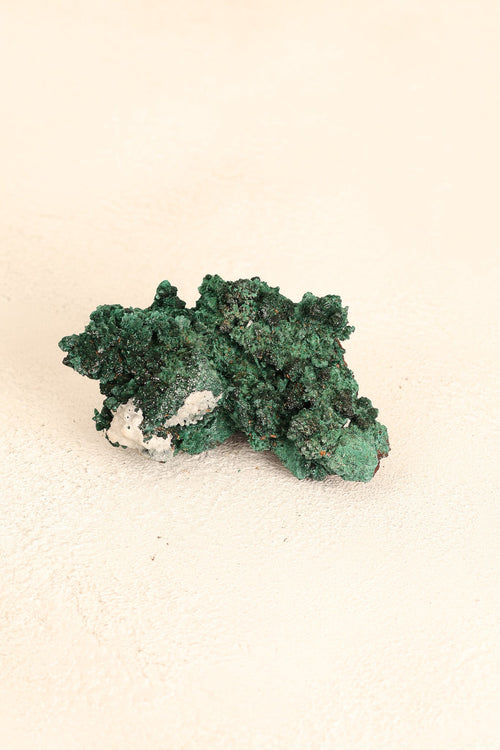ALL PRODUCTS IGSL INTERNATIONAL CERTIFIED
Natural stones are generally harmless to health. However, it is known that in some cases, natural stones can be harmful. For example:
-
Radon gas: Some natural stones, especially granite, can release radon gas. Radon gas is a radioactive gas that can be harmful to human health. However, this gas can only cause health problems if it accumulates in closed areas where the stone is processed.
-
Asbestos: Some natural stones, especially serpentine and talc, may contain asbestos. Asbestos is known as a substance that can cause respiratory diseases when inhaled.
-
Chemical processes: Some chemicals used in the processing of natural stones can be harmful to human health. Therefore, care should be taken during processing and appropriate protective equipment should be used.
-
Surface slip: The rough surfaces of natural stones can be slippery and pose a risk of slipping. Especially on wet surfaces, natural stones can be slippery and therefore cause falls.
However, natural stones are durable and aesthetic materials used in many different areas. By taking appropriate safety precautions in the use of stone and using appropriate protective equipment during processing, they can be used safely without harming human health.
What are the harms of natural stones?
Natural stones are widely used building materials due to their aesthetics and durability. However, in some cases, the use of natural stones can have various harms and disadvantages. Here are the possible harms of natural stones:
- Radon Gas Release: Some natural stones, especially granite, may contain radioactive minerals that can release radon gas. Radon gas can cause health problems when it accumulates in enclosed areas.
- Dust and Particles: Dust and fine particles generated during cutting, transportation and processing of natural stones can be harmful to the respiratory tract. These dusts can cause lung diseases when exposed for a long time.
- Abrasive Effect: Scratches and abrasions that occur on the surface of natural stones over time can ruin the aesthetic appearance and reduce the durability of the stone. In addition, some natural stones can be sensitive to chemicals and can be damaged when in contact with these substances.
- Being Heavy: Natural stones can create additional costs and difficulties during transportation and installation as they are generally heavy materials. In addition, heavy stones can increase the static load of structures.
- High Cost: Quality natural stones can be expensive due to the high cost of production and processing. This can limit the use of natural stones in projects with budget constraints.
- Maintenance Requirement: Natural stones are materials that require regular maintenance and cleaning. Especially porous stones such as marble and travertine tend to retain stains and dirt and require special cleaning products and methods.
- Environmental Impacts: Environmental damage can occur during the extraction and processing of natural stones. Quarries can cause the destruction of natural habitats and the disruption of ecosystems. In addition, the amount of energy and water used during the processing of stones can have negative environmental effects.
In conclusion, although natural stones have many advantages, they also have some harms and disadvantages during use. Therefore, when planning the use of natural stones, these possible harms should be taken into consideration and necessary precautions should be taken. The side effects and harms of natural stones should be examined in detail and the choice should be made accordingly.



























